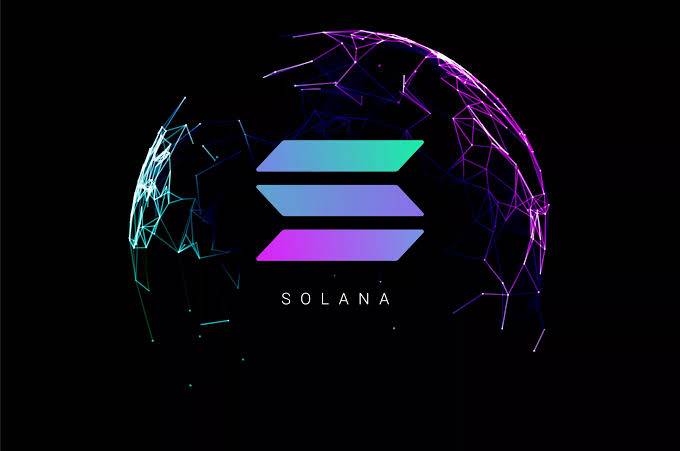
VanEck has announced its filing for the first Solana exchange-traded fund (ETF) in the United States, marking a significant milestone in the cryptocurrency and blockchain landscape. This move underscores VanEck’s confidence in Solana’s potential as a formidable competitor to Ethereum, with the belief that Solana’s native token, SOL, qualifies as a digital commodity.
Why Solana?
Solana is an open-source blockchain platform designed to handle a wide array of applications, including payments, trading, gaming, and social interactions. Unlike many other blockchain systems, Solana operates as a single global state machine without the need for sharding or layer 2 solutions. This unique architecture enables Solana to offer a combination of scalability, speed, and low costs, potentially delivering a superior user experience across various use cases.

One of Solana’s standout features is its ability to process thousands of transactions per second with minimal fees. This is achieved through an advanced security mechanism that merges proof-of-history with proof-of-stake. This blend of high throughput, low transaction costs, robust security, and a vibrant community positions Solana as a compelling candidate for an ETF, providing investors with exposure to a dynamic and innovative open-source ecosystem.
Solana as a Digital Commodity
VanEck believes that SOL, Solana’s native token, shares characteristics with established digital commodities like Bitcoin and Ethereum. SOL is integral to the Solana network, used to pay for transaction fees and computational services. Similar to Ethereum’s ether, SOL can be traded on digital asset platforms and utilized in peer-to-peer transactions.
The diverse applications and services supported by Solana, ranging from decentralized finance (DeFi) to non-fungible tokens (NFTs), highlight SOL’s utility and value. Solana’s decentralized nature is a key factor in this, with no single intermediary or entity controlling the network. Instead, a broad and distributed user base of independent validators globally maintains the transaction validation and record-keeping processes. This decentralization ensures that no single entity can dominate the system.
Potential Impact of the Solana ETF
The introduction of a Solana ETF could provide a new avenue for investors to gain exposure to the cryptocurrency market, particularly those interested in the innovative and scalable blockchain solutions that Solana offers. By making SOL more accessible to traditional investors, the ETF could enhance the token’s visibility and adoption, further integrating it into the broader financial ecosystem.
VanEck’s move to file for a Solana ETF underscores the growing recognition of Solana’s potential to rival established blockchain platforms. The high utility, decentralized nature, and economic feasibility of SOL align with the characteristics of other recognized digital commodities, supporting VanEck’s belief in SOL’s value for investors, builders, and entrepreneurs.
In conclusion, the filing for the first Solana ETF in the US by VanEck represents a significant step in the evolution of the cryptocurrency market. It highlights Solana’s unique capabilities and solidifies its position as a viable alternative to the dominant blockchain platforms, offering promising opportunities for a wide range of stakeholders in the digital economy.







